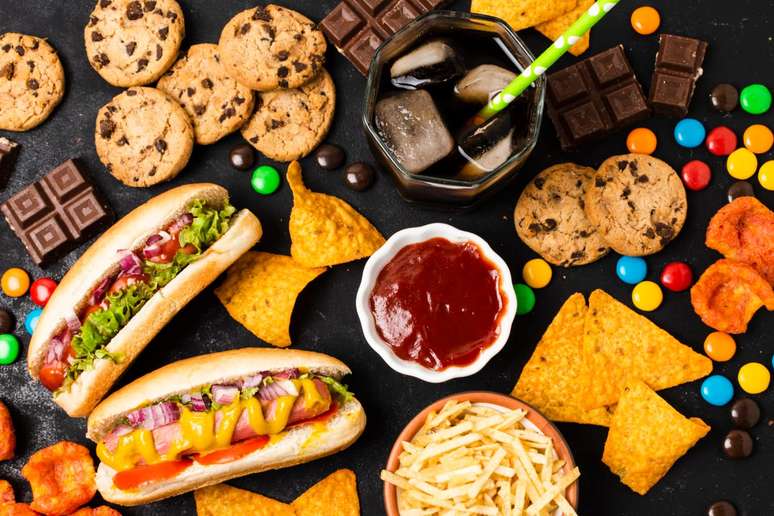The bariatric surgeon discusses the daily challenges that obese people face in their daily lives.
Obese people face daily challenges in activities that someone at their weight would consider trivial. Obesity is often simplified as an aesthetic problem, but the reality is profoundly more complex. Those who carry excessive weight face not only physical barriers, but also emotional and social ones. Judgments and stereotypes often ignore the profound daily challenges and silent battles obese people face. And beyond the surface visible to all, there is an intricate network of physiological, biological and psychological factors at play. In the following article I intend to delve deeper into this universe, revealing its challenges, demystifying prejudices and presenting paths that can illuminate journeys. I invite you to join me in this exploration so we can better understand and support those seeking a healthier and happier future.
The physiology and biology of obesity
Obesity is not simply the result of “eating too much.” Studies have shown that there are genetic components that can predispose someone to obesity. Additionally, the bodies of obese people often face hormonal imbalances, such as elevated levels of insulin and leptin, hormones that affect appetite and fat storage.
Metabolism and obesity
Each individual’s metabolic rate, or the rate at which calories are burned, can vary. Some obese people have slower metabolisms, which makes weight loss more difficult, even with diet and exercise.
Environmental and cultural factors
Obesity is also influenced by our environment. We live in an era of processed foods, high calorie availability and sedentary lifestyles, all of which contribute to rising obesity rates.
Impact on quality of life and mental health
Many of the challenges faced by obese people are easily apparent: difficulty moving, joint pain, fatigue, and even finding clothes. These physical problems can lead to restrictions in daily and social activities, such as avoiding public places or giving up hobbies. The stigma associated with obesity is overwhelming. Obese people often face judgment, prejudice and even discrimination. This social environment can trigger or worsen mental health conditions such as depression, anxiety and low self-esteem. Additionally, obesity is directly linked to a number of medical complications, including type 2 diabetes, cardiovascular disease, sleep apnea, and even some types of cancer.
©Motortion via Canva.com
Impacts of obesity on daily choices
The consequences of obesity go far beyond medical considerations. In fact, the daily challenges of those who deal with being overweight permeate the most basic aspects of life, influencing routine choices and actions.
Read this and other news on our channel at:
Purchase of clothing
Searching for clothes is a drastically different experience for obese people. Conventional stores often don’t offer suitable sizes, and even when they do, options are limited in terms of style and design. This can turn a simple trip to the mall into a frustrating journey, full of limitations and, sometimes, judgment.
Move in public spaces
Spaces designed without due attention to the diversity of bodies can become hostile environments. Both on public transport, where seats rarely offer comfort, and in places such as cinemas and theatres, where seat construction can pose a challenge.
Daily activities
Automatic actions for many, such as tying your shoes, can become a contortionist exercise and require significant physical effort for an obese person. Additionally, recreational activities, such as playing with children on the floor or participating in games, may be limited not by desire, but by physical difficulty.
Access to certain locations
Locations with weight restrictions, such as some amusement park rides, or activities that require specific equipment, such as ziplines or extreme sports, may be inaccessible. This can lead to feelings of exclusion and limited opportunities for recreation. These are just a few examples, but they serve to illustrate how obesity can influence everyday choices. And while the physical implications are obvious, the emotional and psychological impact of these limitations is profound. The feeling of not belonging, exclusion or being different can be devastating and lead to feelings of isolation and low self-esteem. It is essential to understand and have empathy towards these challenges to offer adequate support and seek solutions that allow a full and satisfying life for everyone.
Metabolic surgery as an ally
Previously known simply as bariatric surgery, metabolic surgery goes beyond stomach reduction. It promotes hormonal changes that affect how the body processes food, resulting in weight loss and improvements in associated conditions such as diabetes. The robotic technique is an innovation that brings precision to the procedure. Benefits include shorter hospital stays, faster recovery and less postoperative pain. With weight loss and associated health improvements, many patients rediscover a life they had forgotten: physical activities become easier, self-esteem is restored, and social life invigorated.
Importance of professional support
While metabolic surgery can be a transformative tool, the path to a healthier life does not end after the procedure. Medical monitoring, nutritional re-education and psychological support are essential to ensure long-term success. I am committed to helping every patient overcome the challenges of obesity and rediscover a fulfilling life. If this is a path you are considering, contact us and schedule your consultation. Together we can pave the way to a healthier and happier future.
Text by: Dr. Guilhermino Nogueira, bariatric surgeon, specialized in robotic surgery
Source: Terra
Ben Stock is a lifestyle journalist and author at Gossipify. He writes about topics such as health, wellness, travel, food and home decor. He provides practical advice and inspiration to improve well-being, keeps readers up to date with latest lifestyle news and trends, known for his engaging writing style, in-depth analysis and unique perspectives.








